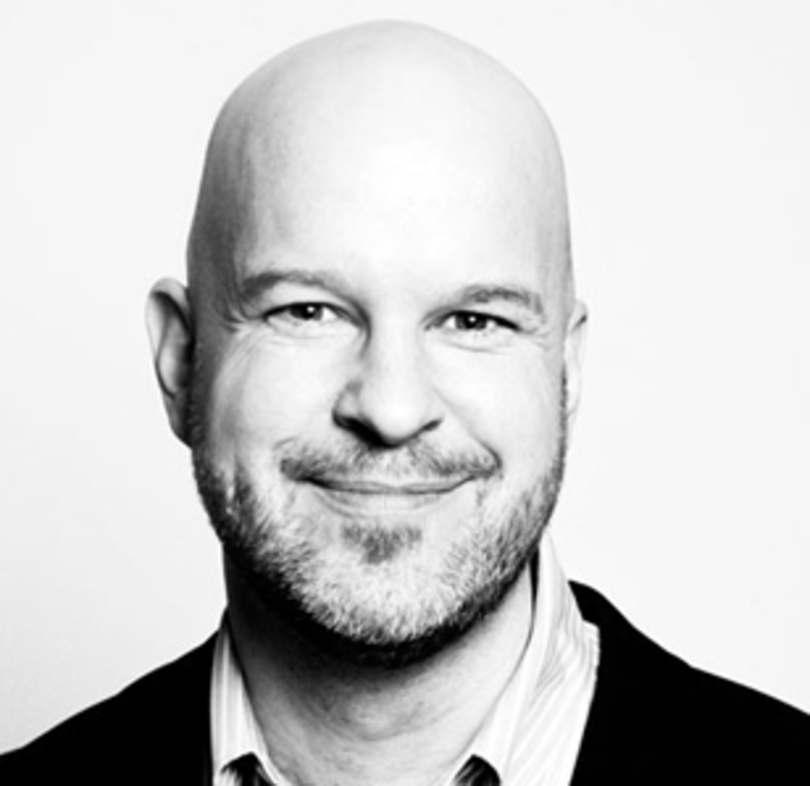Newsmakers: Eric Grode discusses role as director of the Goldring Arts Journalism Program

Courtesy of Eric Grode
Eric Grode, the director of the Goldring Arts Journalism Program, worked as the Lifestyle editor, editorial editor and editor in chief while at The Daily Orange.
When Eric Grode graduated in 1993 with dreams of becoming a theater critic in New York City, he didn’t firmly close the door on Syracuse University. Although he went on to write for such outlets as The New York Sun, Broadway.com and The Wall Street Journal, he stayed in touch with campus by joining the advisory board of the Goldring Arts Journalism master’s degree program when it was established in 2003. Last year, his life came full circle as he was named the program’s director.
We asked him a few questions about his career earlier this month.
What have you learned from being the director of the Goldring Arts Journalism Program for a year?
Eric Grode: The interpersonal dynamics are really important, just how to make a group work as harmoniously as possible, and I still probably have a lot to learn about that.
I also learned that (the program) fits together beautifully. I had traveled with (Goldring students) in previous years, but what I hadn’t realized is that the four trips build in duration, in distance and in responsibility over the course of the year. Each time, the students write more and are exposed to a deeper network of editors, mentors and writing coaches. It’s beautifully put together, and it wasn’t until I was behind the wheel that I could really appreciate that.
What experiences do you feel most prepared you to run the program?
E.G.: The six years that I spent at The New York Times, I had been hired as a copy editor and did a lot of writing about the arts on the side, and I found that editing makes you a better writer and vice versa. So I think that particular job helped me contextualize everything that goes into reporting a piece, reviewing a piece, researching a piece, all that, in a way that I think has helped me convey that to students.
The Times was useful also because it helped give me a good Rolodex. We had a speaker this spring, A.O. Scott, who is one of the film critics of the Times, someone I’d worked with while I was there. So it was relatively easy to call him and have him come to campus to talk.
What positions did you hold at The Daily Orange and what did you learn there?
E.G.: I was assistant Lifestyle editor, which is what Pulp was called then, then Lifestyle editor, then editorial editor and finally editor in chief.
Learning how to be nimble and work ahead but also be ready to work in the moment was really beneficial. Journalists tend to be generalists; you have to learn a little about a lot of things. Being given that kind of responsibility (of editor in chief) at a young age is a huge benefit that really has all kinds of benefits down the road.
How did your experience at The D.O. help you get where you are today?
E.G.: I loved the fact that there was not a faculty adviser. The lessons sunk in more because it wasn’t just a preemptive ‘Hold on, we are going to save you from yourselves and make sure you don’t do it.’ But you messed up and sometimes the consequences are negligible and sometimes they are more than negligible, but those lessons are ones that I think I learned better because we had the freedom to make those mistakes.




